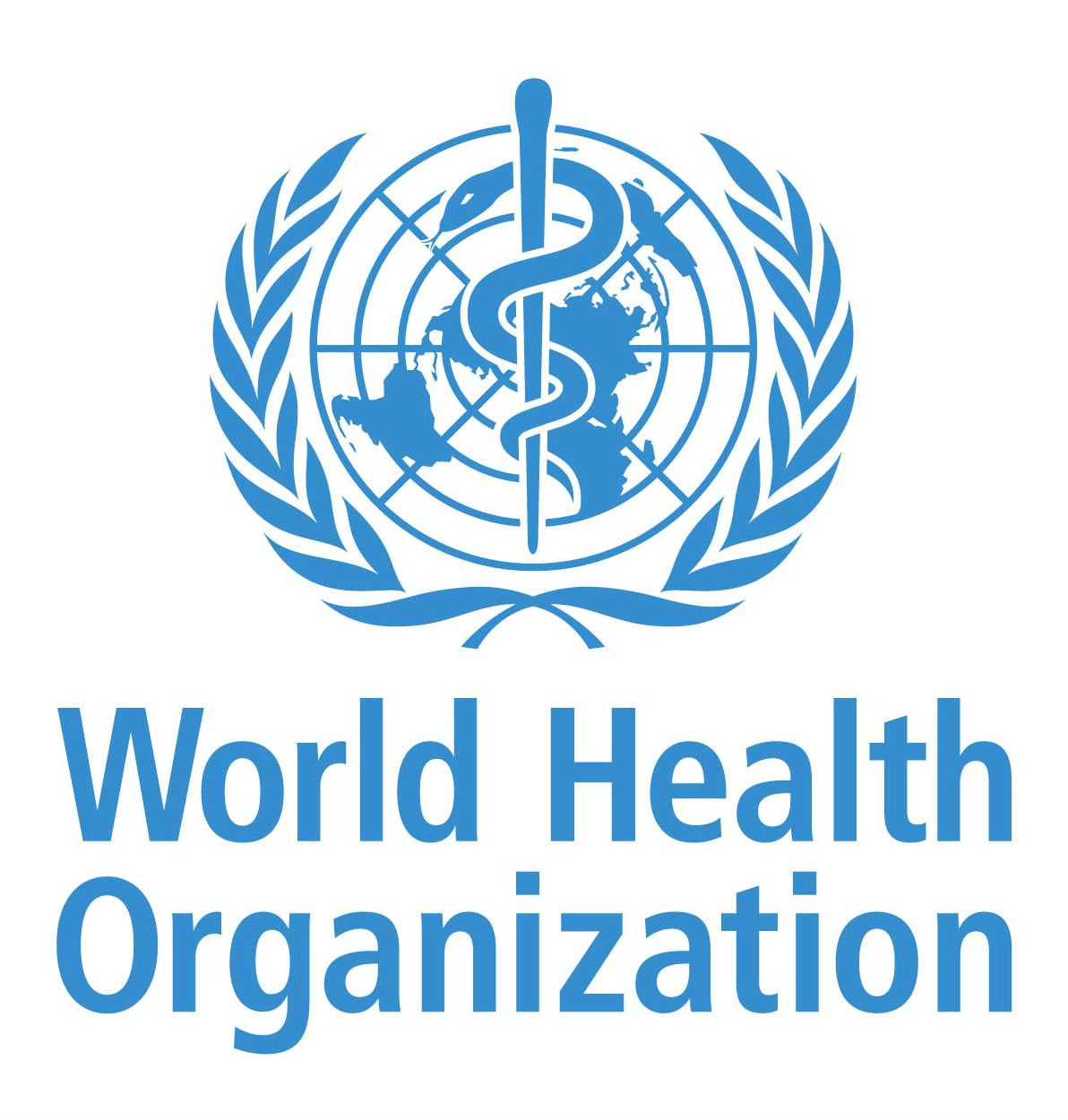World Health Organization certifies Paraguay malaria-free
June 13, 2018 | Wednesday | News
In 2016, WHO identified Paraguay as one of 21 countries with the potential to eliminate malaria by 2020.
The World Health Organization (WHO) has certified Paraguay as having eliminated malaria, the first country in the Americas to be granted this status since Cuba in 1973.
“It gives me great pleasure to certify that Paraguay is officially free of malaria,” said Dr Tedros Adhanom Ghebreyesus, WHO Director General, in a recorded statement. “Success stories like Paraguay’s show what is possible. If malaria can be eliminated in one country, it can be eliminated in all countries.”
In 2016, WHO identified Paraguay as one of 21 countries with the potential to eliminate malaria by 2020. Through the “E-2020 initiative,” WHO is supporting these countries as they scale up activities to become malaria-free. Other E-2020 countries in the Americas include Belize, Costa Rica, Ecuador, El Salvador, Mexico and Suriname.
From 1950 to 2011, Paraguay systematically developed policies and programmes to control and eliminate malaria, a significant public health challenge for a country that reported more than 80 000 cases of the disease in the 1940s. As a result, Paraguay registered its last case of Plasmodium falciparum malaria in 1995, and P. vivax malaria in 2011.
A five-year plan to consolidate the gains, prevent re-establishment of transmission and prepare for elimination certification was launched in 2011. Activities focused on robust case management, engagement with communities, and education to make people more aware of ways to prevent malaria transmission, and about diagnosis and treatment options.
In 2016, in the next phase of the elimination drive, the Ministry of Health launched a three-year initiative to build Paraguay’s front-line health workers’ skills. Backed by The Global Fund to Fight AIDS, Tuberculosis and Malaria, the country strengthened its capacity to prevent disease, identify suspected malaria cases, accurately diagnose malaria and provide prompt treatment – key strategies to tackle the on-going threat of malaria importation from endemic countries elsewhere in the Americas and sub-Saharan Africa.
WHO is also releasing a progress update on elimination efforts in E-2020 countries, providing – for the first time – preliminary malaria case numbers for 2017. Ten more countries are on track to eliminate malaria by 2020. However, eight other E-2020 countries saw increases in indigenous malaria cases in 2017, reflecting the global malaria trends reported in the latest WHO World malaria report. WHO is publishing country briefs for the 21 eliminating countries, offering an overview of progress, key malaria data and an assessment of what is needed to reach the 2020 elimination target.










